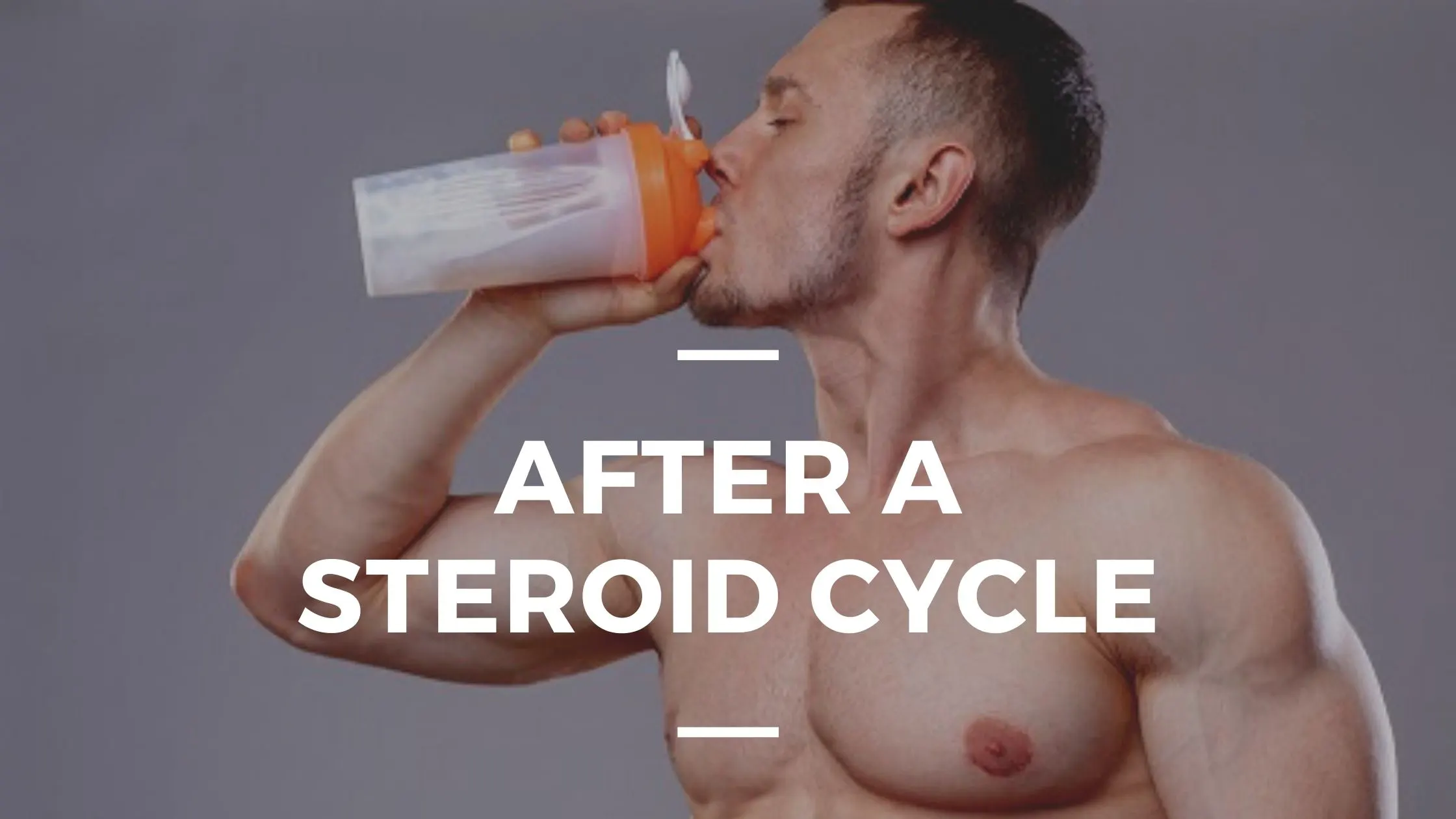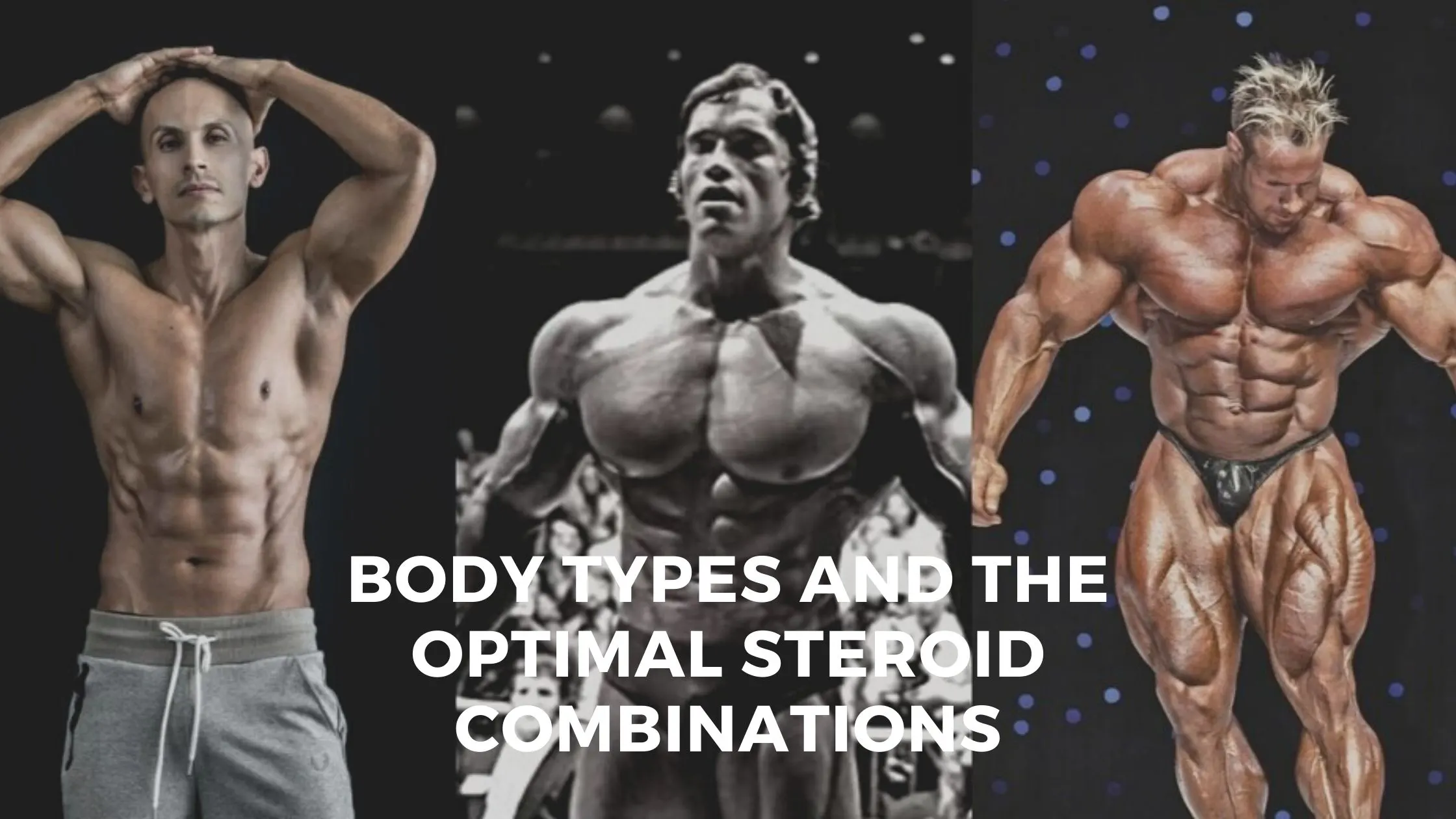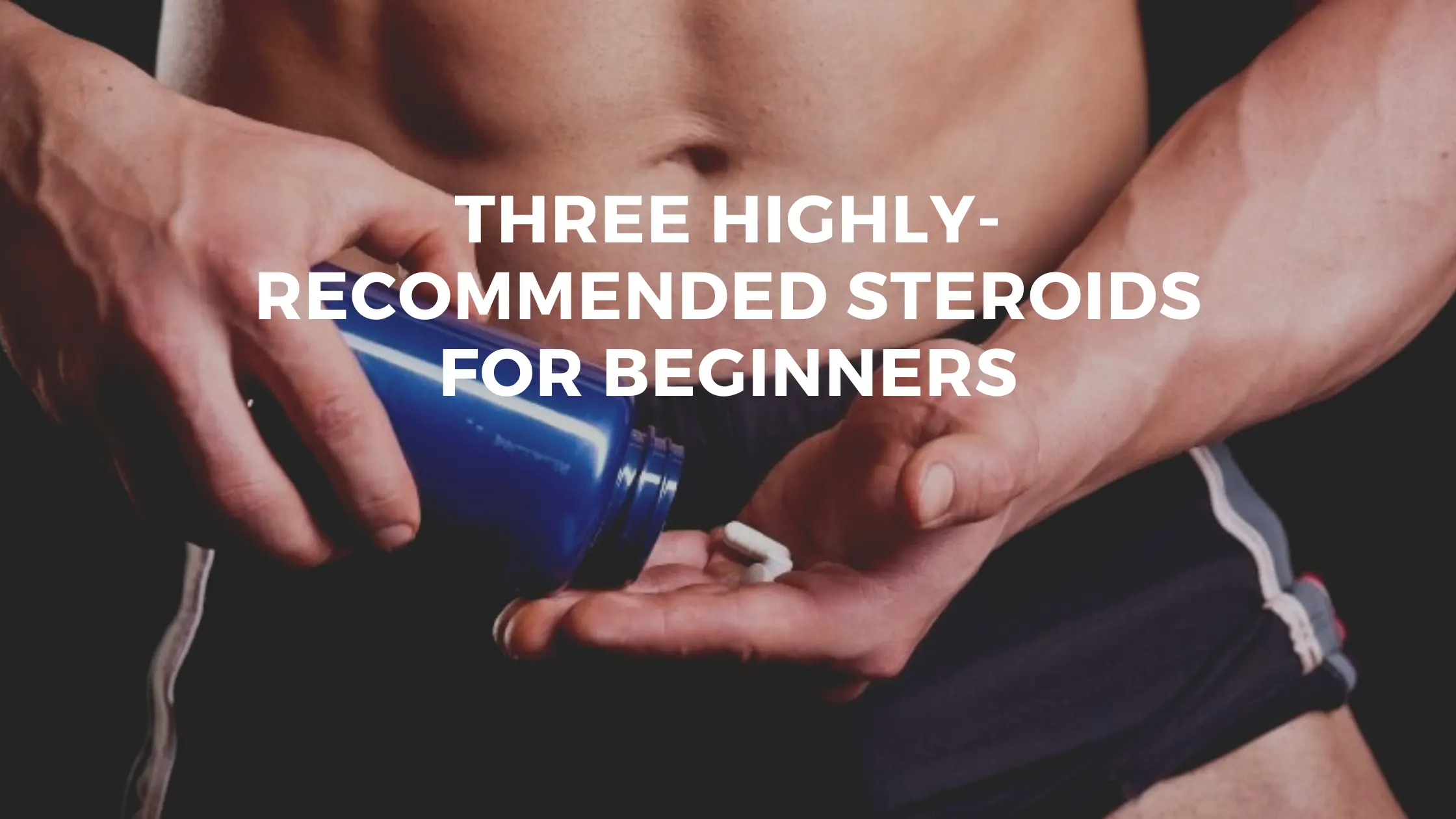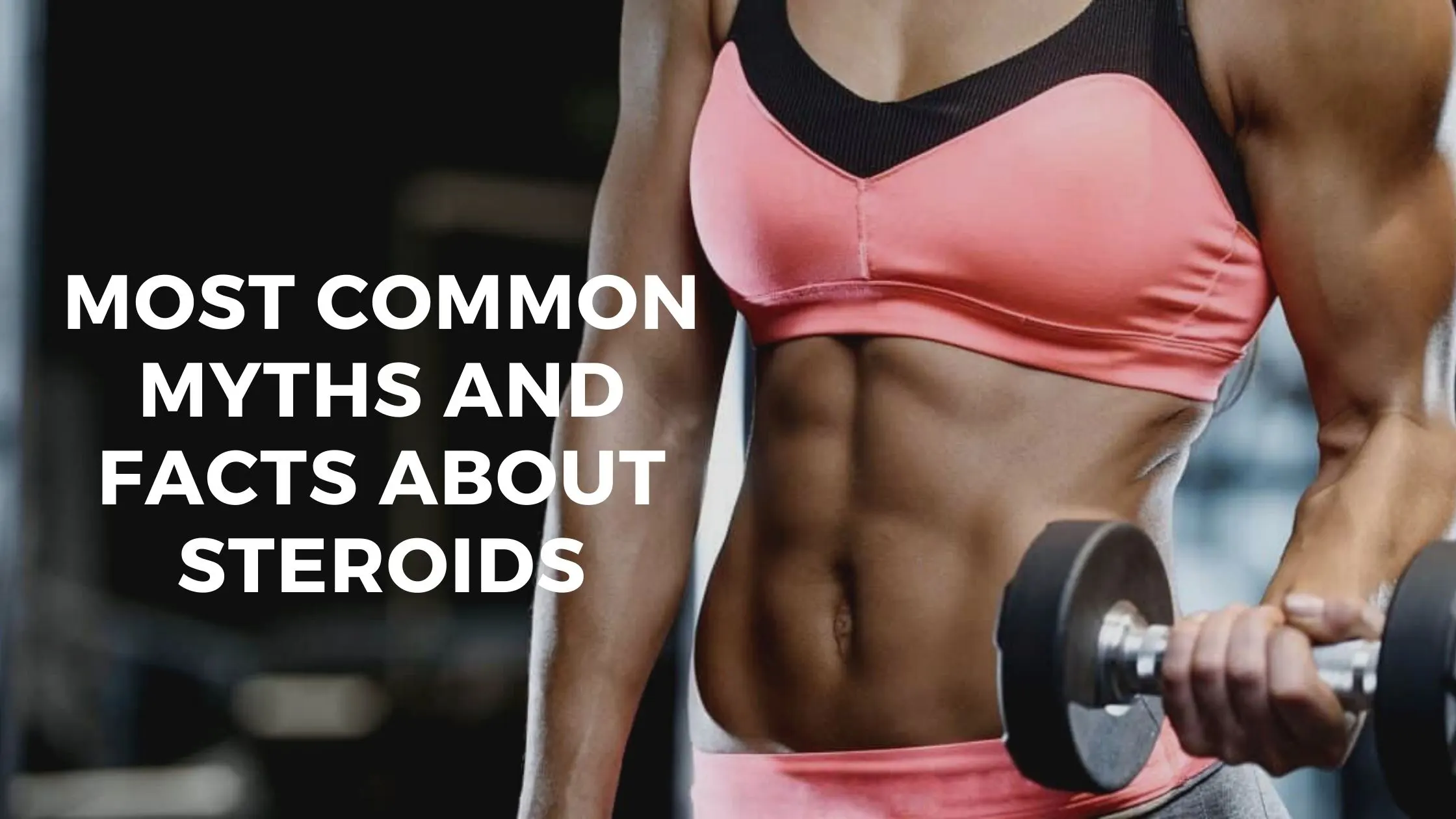Table of Contents
Those who have experience with anabolic steroids are aware of a number of things that will inevitably occur following either a complete stop or a rapid reduction in steroid usage. Long term steroid users, after all, have trained their bodies to be accustomed to the regular influx of hormones, so much so that these unnatural levels inevitably result in a reduction (or a complete halt) of their body’s natural testosterone production. This, in turn, leads to a variety of symptoms which we’ll get into below. The immediate effects, however, range from strength drops to weight loss, and even depression.
Below, we’ll discuss the many symptoms one can expect after stopping steroid use, and the ways by which they can be mitigated or outright avoided. It should be noted that not everyone is the same; some of the effects listed here might not manifest in an individual, but what’s certain is that, depending on your dosage and cycle length, a few of them likely will.
What Happens When You Stop Taking Steroids After a Long Cycle
You will be experiencing symptoms after stopping a steroid cycle, whether it was a long cycle or short one. This is simply because of the changes that occurred in your body during the cycle — particularly the changes that occurred in your endocrine system.
Anabolic-androgenic steroids are synthetic alternatives to endogenous — i.e., naturally occurring — hormones. Taking AAS regularly will therefore result in your body having more of the hormone than it’s used to. This will result in your body slowing down (and eventually shutting down) natural testosterone production to try to balance out your hormone levels and maintain function.
Stopping the steroid cycle (which is basically to stop giving your body exogenous testosterone) while leaving your body unable to supply itself (because it shut down production) will result in a number of symptoms, including elevated estrogen levels, erectile dysfunction, and gynecomastia, among others.
Generally, one can avoid these effects by slowly tapering off from steroid use to allow one’s body to adapt and start naturally producing the relevant hormones again, but this can’t be expected to work for everyone, and for some, other forms of treatment might still be needed, especially after a heavy cycle.
Luckily, there are a variety of treatment options available, including aromatase inhibitors and SERMs. Some sufferers, however, depending on the severity of their condition, will need to take medication long term.
Other Changes That Can Be Observed
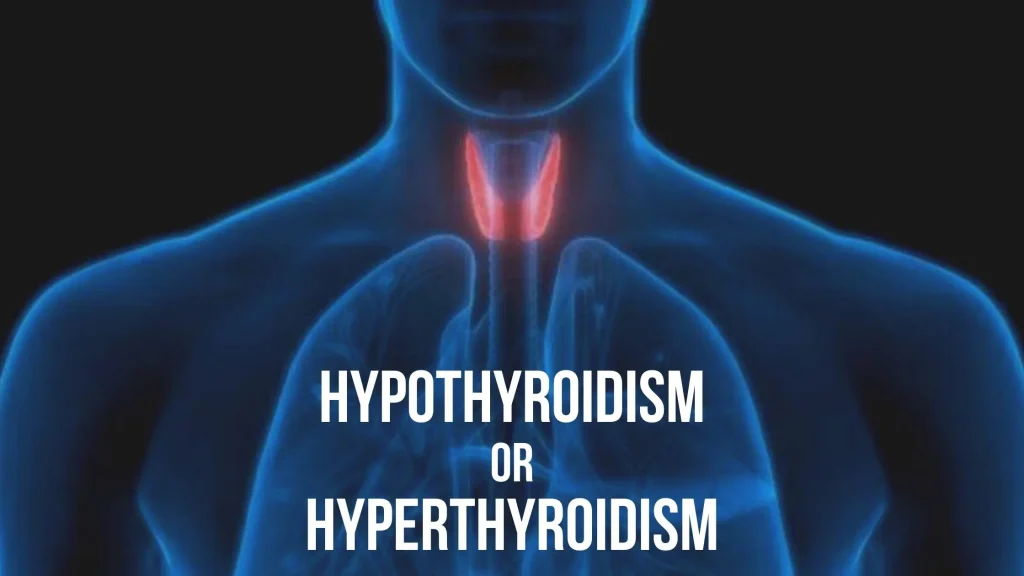
To be sure, the side effects that come to those who abruptly stop taking steroids aren’t limited to sex hormones. Unfortunately, pancreatic function is also known to be disrupted following an abrupt halt from taking steroids after a long cycle. Your pancreas are responsible for regulating a host of bodily functions, including breaking down sugar and helping your digestive system. It’s also responsible for secreting insulin and glucagon, the two hormones involved in the regulation of blood sugar levels.
A disruption in pancreatic function in the form of decreased insulin production can lead to diabetes. Other symptoms that result from a disruption of this part of your digestive process can also include extreme exhaustion, weight loss, swelling, and pancreatitis (or even pancreatic cancer).
Cortisol, the body’s stress hormone that plays a part in regulating mood and emotion, can also go into overproduction following an abrupt stop in steroid use. The important role that cortisol plays in the body cannot be overstated. It is, after all, a naturally occurring hormone that the body uses to respond to threats and emergencies.
Apart from regulating mood, cortisol is also responsible for a variety of metabolic functions, such as keeping inflammation in the body in check, regulating blood sugar, and controlling sleep cycle. Any prolonged disruptions in these functions can result in depression, increased irritability, and aggression. An overproduction of cortisol in the body can also lead to stress, muscle weakness, high blood pressure, and other cardiovascular diseases. Needless to say, your well-being and quality of life can be severely degraded if your body’s cortisol production remains elevated for extended periods.
A poorly functioning thyroid gland can also be expected after a severe post cycle testosterone shutdown. This gland secretes thyroid hormones, which are responsible for regulating metabolic rate, digestive function, and bone maintenance. Anabolic steroids have the potential to damage or disrupt thyroid processes, leading to either hypothyroidism (thyroid hormone underproduction) or hyperthyroidism (thyroid hormone overproduction).
Both hypothyroidism and hyperthyroidism can be life-threatening depending on severity but are treatable by either taking enough of the hormones that your body is not producing, or, in the case of hyperthyroidism, by taking medication to decrease thyroid production.
What Psychological Changes Can I Expect After Stopping Steroid Use?

Before we get into the psychological effects that may arise after stopping steroid use, we should mention that steroid use itself — and anabolic steroid use in particular — have been strongly associated with a variety of mood disorders including (but not limited to) mania, hypomania, and depression. Many studies have shown that anabolic steroids also tend to increase irritability and aggression among heavy users, but it’s not known how much of a confounding factor an individual’s genetics or personality traits are to these findings.
While on a cycle, users will typically experience increased libido and elevated moods. It’s also common for some, especially among older men, to use anabolic steroids to boost sexual performance. The reason for this is because the older one gets, the lower their testosterone levels become, and lower testosterone levels means lower sex drive. Synthetic testosterone analogues are therefore seen as a way to boost testosterone levels and increase sex drive.
Given what we mention above, it’s clear that one corollary of stopping steroid usage is experiencing a rollback of all these positive effects. Users might feel depressed, lacking in strength, and get a reduction in libido, as well as sexual performance.
How to Prevent The Side Effects from Stopping Steroids
Naturally, the effects that follow the end of a steroid cycle are themselves enough to lead one into depression. The first thing to realize, however, is that a lot of these side effects are normal and will eventually go away. Anyone who’s been responsibly using anabolic steroids can tell you that the feelings of depression and inadequacy that comes after a cycle is just another phase that you’ll eventually get through. Naturally, a low dose coupled with a short cycle will produce minimal side effects, both during and after the cycle. Also, much of the side effects, both during and after a steroid cycle, will depend on a lot of other factors too, like personal history and genes. To what extent other factors (wholly unrelated to steroid type, cycle length, and dosage) have a say in what side effect will eventually manifest is unknown, but suffice to say that people using anabolic steroids shouldn’t expect the same symptoms. That being said, symptoms between individuals will largely be similar, or will have a lot of overlap.
You should continue your training and routine (minus the steroids, of course) to maintain your gains and slowly acclimate your body to working without the aid of AAS.
One piece of advice that we can give is that you stop worrying about the decline in performance. Anabolic steroids will significantly improve performance, and it is totally normal to see a drop in this area in the few days that you finally stop using. You need to realize that this is natural, and understand that, to avoid injury, you shouldn’t be training as much as you used to.
The simple fact is that knowing what you can expect to experience after a cycle, even before you begin one, can prepare you for the worst.
Post Cycle Therapy
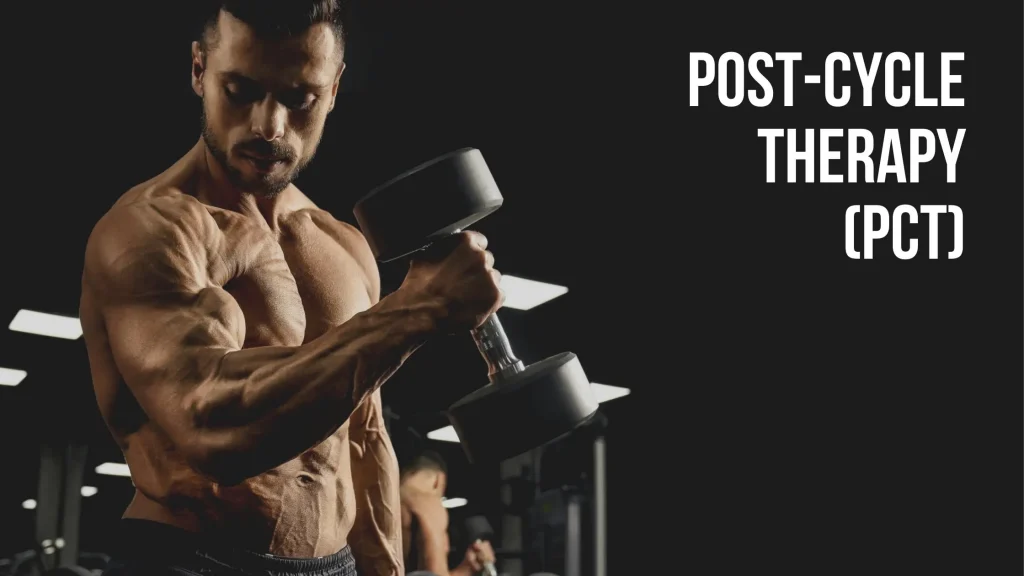
Every veteran steroid user will be familiar with the term. Post Cycle Therapy (PCT) is the phrase that refers to the various steps users take to minimize the negative effects (or the post testosterone shutdown) that waits at the end of every steroid cycle. Anabolic steroids, we needn’t remind you, comes with a slew of benefits — but they also come with a lot of side effects. Like we discussed above, natural testosterone production in your body will be suppressed after each and every cycle, and the goal for any PCT is to get this part functioning properly again.
The primary goal of any PCT is to restore natural testosterone production, which is why most PCTs will include the use of aromatase inhibitors, SERMs, and anti-estrogens.
A proper PCT should get natural testosterone production back to normal levels within a few weeks. Absent a PCT, it may take months to get back to normal, if not years. Therefore, using the right PCT products is essential.
You may need to religiously follow your PCT schedule for around 3 to 4 weeks to get the most out of it. PCT length, however, will depend on how bad your testosterone has been suppressed. It won’t be the same for everyone, so planning every cycle and PCT in advance is key.

